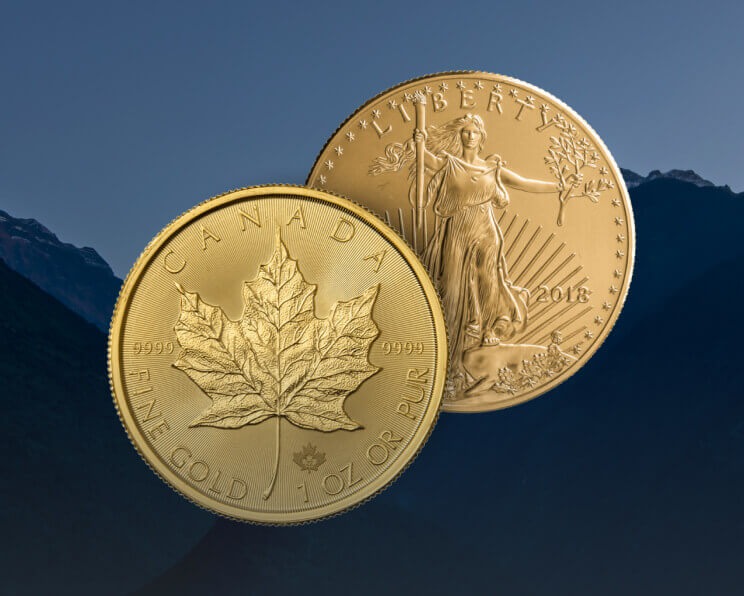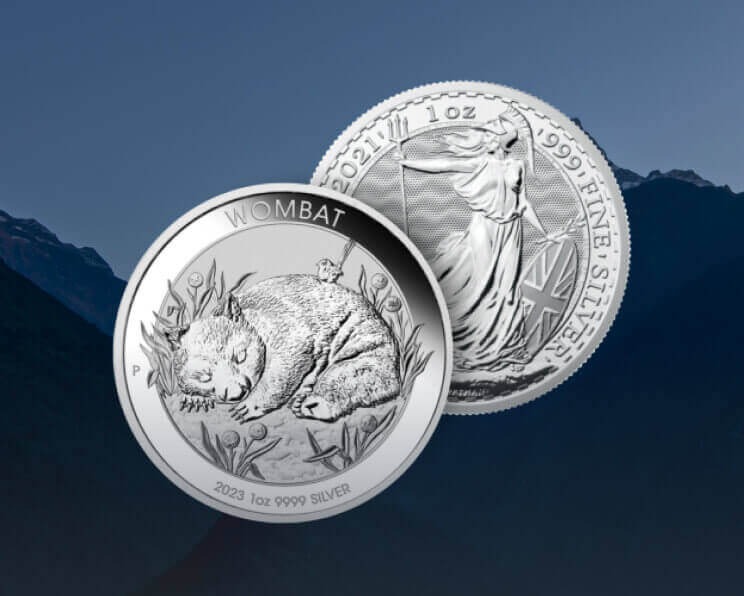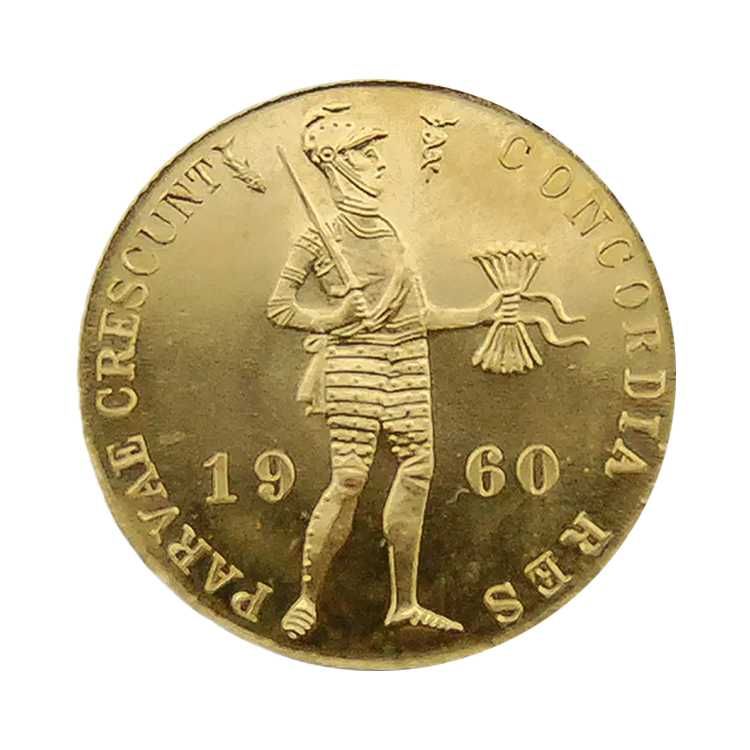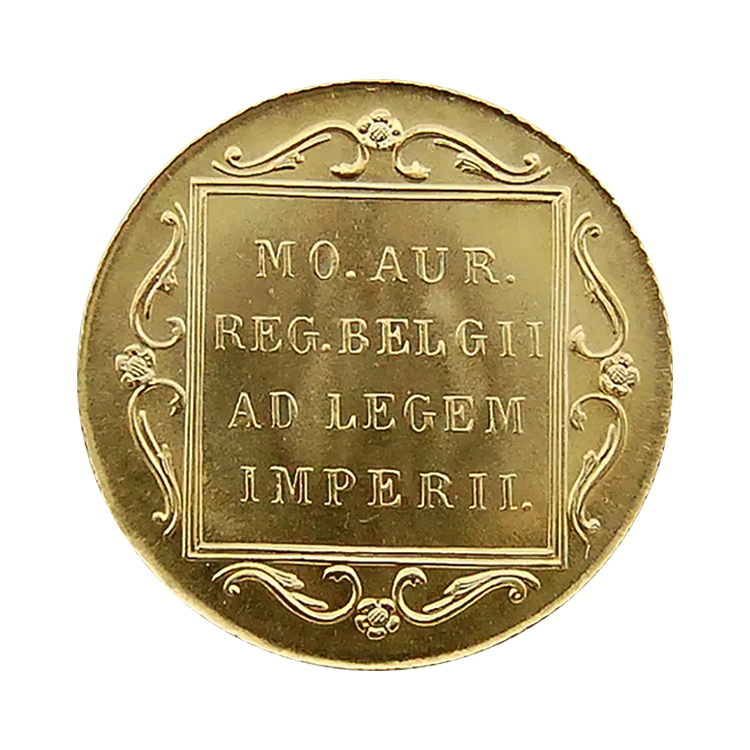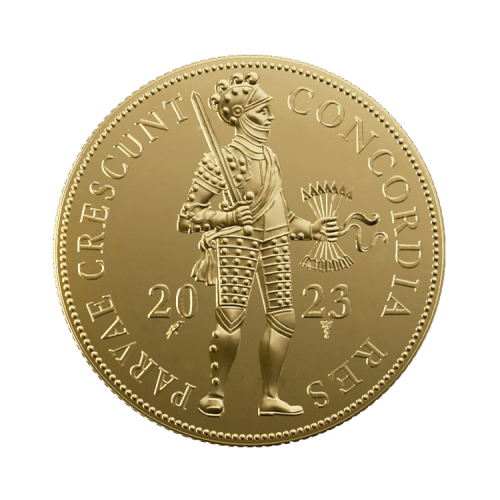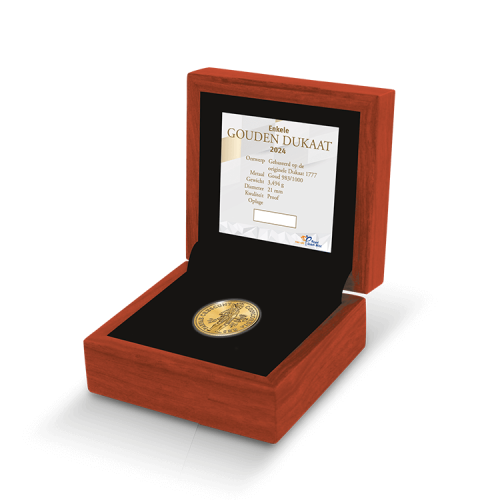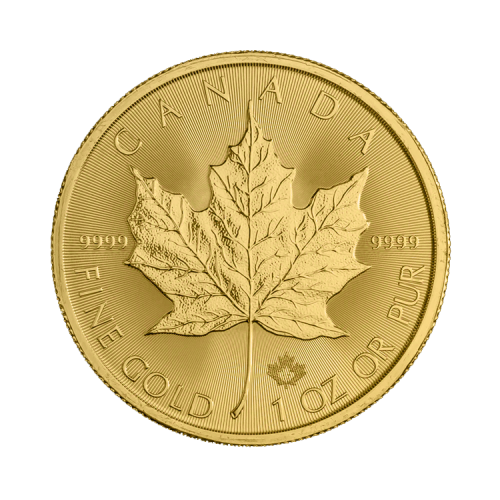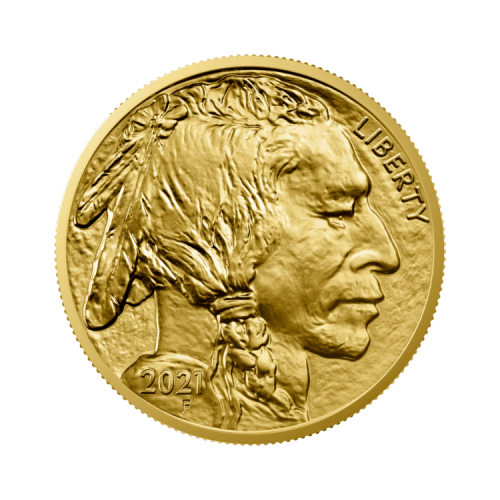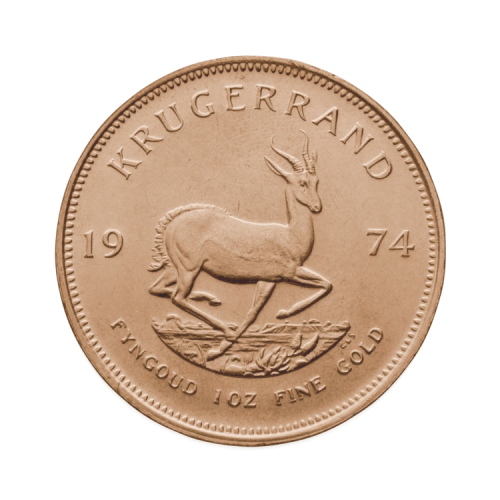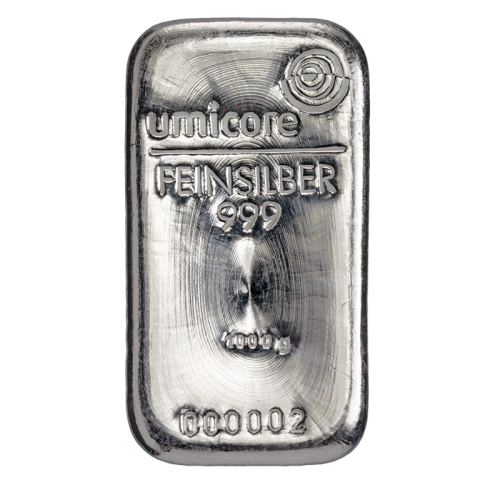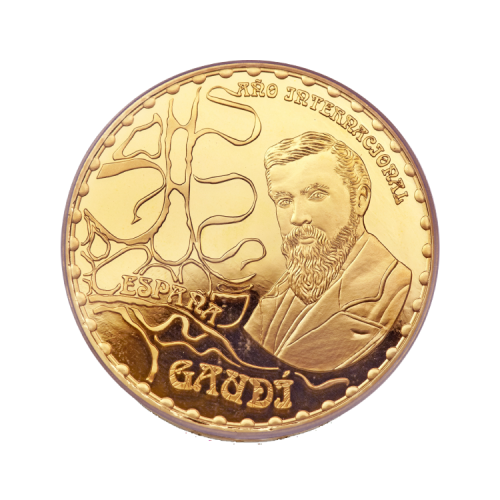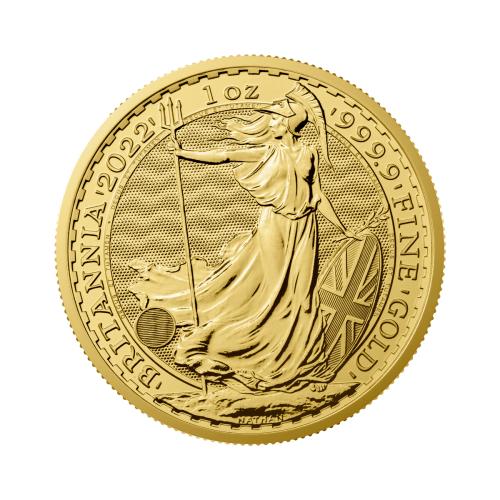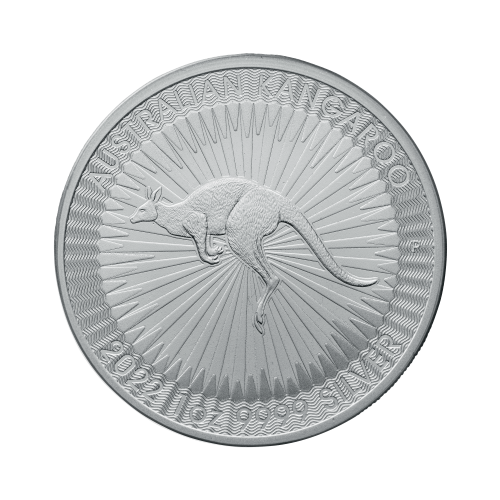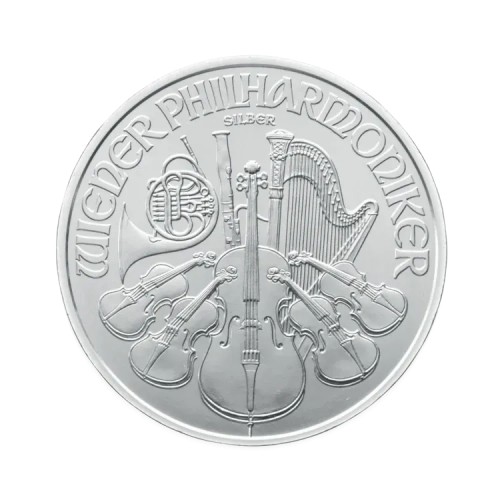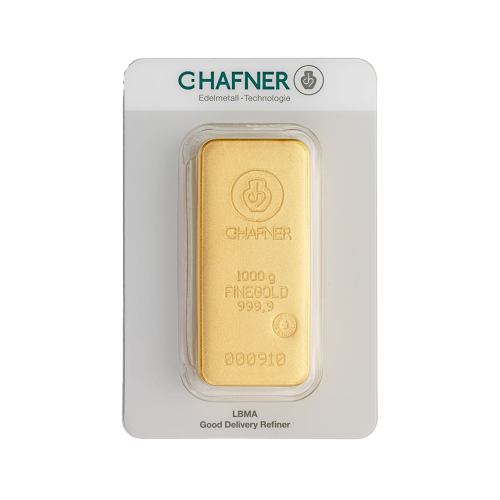-
Pre-owned
Best price per gram, buy back guarantee. Originating from private individuals.
Gold Ducat
 Delivery service - From Wednesday delivered
Delivery service - From Wednesday delivered
 From 25 April. View our locations
From 25 April. View our locations
-
Pre-owned
Best price per gram, buy back guarantee. Originating from private individuals.
Gold Ducat
 Delivery service - From Wednesday delivered
Delivery service - From Wednesday delivered
 From 25 April. View our locations
From 25 April. View our locations
-
Securily packaged
-
Buy back guarantee
-
Tradable world wide
-
Customer rating: 9.7
Gold Ducat coin with 3,43 gram fine gold. We offer gold Ducat coins from various years. The golden ducat has a total weight of 3,494 gram.
Specifications

Physical properties
Net weight


The net weight is determined by multiplying the gross weight with with the purity. |
3,43 gram |
| Purity and metal type | 98,3% | Gold |
| Gross weight | 3,49 gram |
Origin
| Country of origin | Netherlands |
| Mint | Koninklijke Nederlandse Munt |
| Year of issue | Mixed years |
Price properties

| Selling price | € 342,00 |
| Metal worth | € 321,97 |
Price per gram


The price per gram is determined by dividing the sales price by the net weight. |
€ 99,71 |
Premium


The premium is determined by substracting the metal worth from the sales price. |
€ 20,03 |
| Investment score | Investment-score: B-label |
| VAT-rate | Investment gold |
Other specifications
| Pick up possible | Yes |
| Storage possible | Yes |
| Availability | In stock |
Information
Buy the Gold Ducat
The Royal Dutch Mint annually issues Golden Ducats. This particular proof-quality gold coin is minted in 98.3% pure gold, weighs 3.494 grams and has a diameter of 21 mm.The Golden Ducat has remained unchanged for nearly 400 years, with the exception of minor changes in details. For example, minor changes have been made to the knight's equipment over time, and the decorations on the reverse have also been somewhat subject to "fashion" over the centuries.
Design Golden Ducat
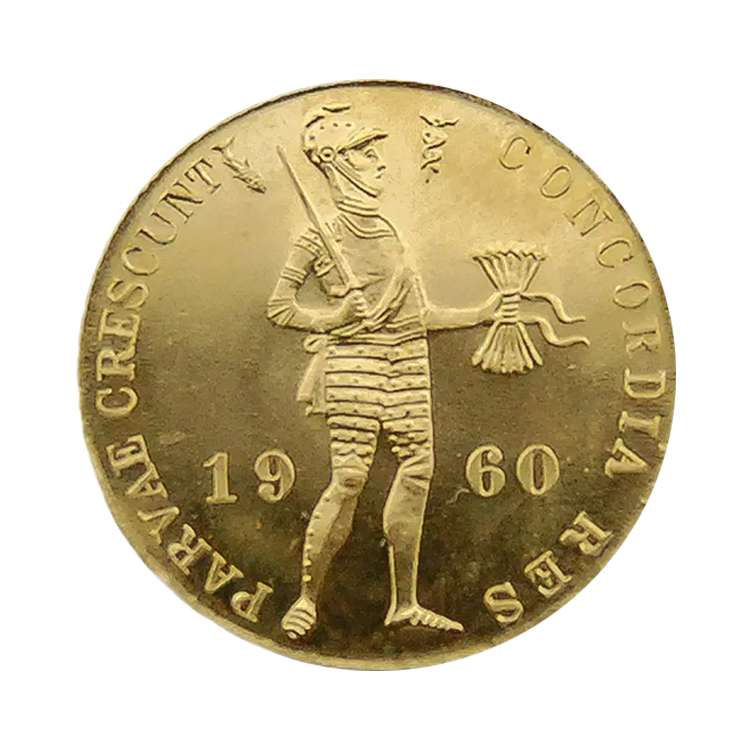
Obverse
The front of the Golden Ducat depicts a knight. This knight with distinctive buttons has a sword and bundle of arrows in his hands. Along the edge is the motto: "Concordia Res Parvae Crescunt." This is Latin for "Unity makes small things great. The year of issue is also clearly shown in two parts. The front is finished with a border of dots.
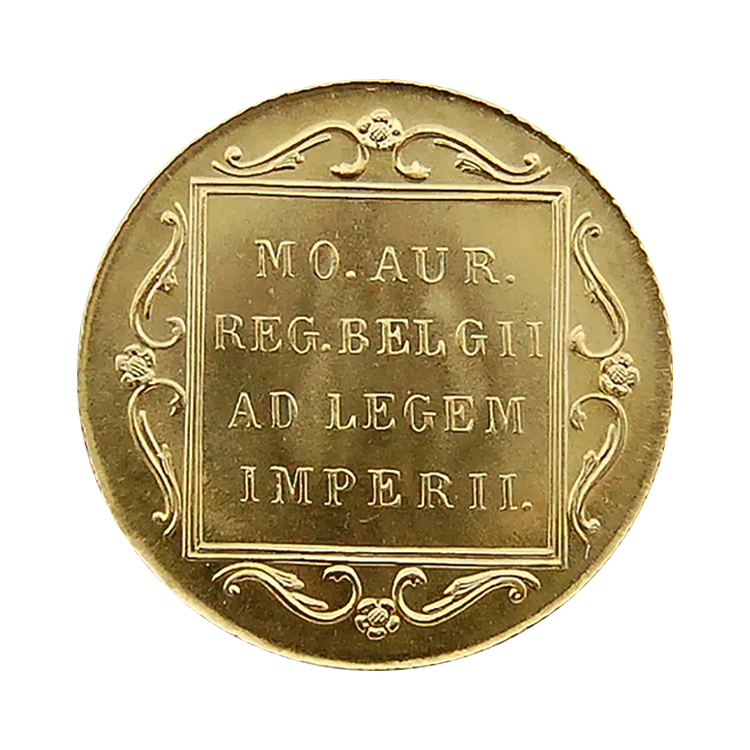
Reverse
The back of the Golden Ducat always has the Latin text in the middle: "Mo. Aur. Reg. Belgii Ad Legem Imperii.", translated: Golden coin of the Kingdom of the Netherlands according to the law of the Empire. Around this text are beautiful (leaf) decorations with an acanthus motif and shells.
History of the Golden Ducat
Since August 4, 1586, the Golden Dukaat has been in the Dutch Mint Act in the capacity of a commercial currency. The Golden Dukaat originated in the Republic of Venice and was later minted in the Netherlands. The Golden Dukaat has always been a strong currency; for centuries these coins were an important means of payment in international trade. They had a good reputation for their reliable weight and content.They were readily accepted in Scandinavia, Poland and Russia, and the Gouden Dukaat was also frequently used in trade with Asia. As a result, the Dutch Golden Ducat grew to become one of the most important trade coins in the world. The Royal Dutch Mint annually mints Double and Single Golden Ducats by order of the Ministry of Finance to keep the memory of the Netherlands' rich trading past alive.
The Gouden Dukaat is not legal tender but is a popular investment and collector coin. This is because the coins are assured of their content and weight. Also, the circulation of each year varies, making years with low circulation very popular with collectors.
Featured
- Dutch Trade coin with a rich history
- Struck in 3.494 grams of gold (98.3%)
- Yearly changing circulation
Price chart
Koninklijke Nederlandse Munt
The Royal Dutch Mint (KNM) is a Dutch company responsible for minting coins. The company is located in Houten and has a rich history dating back to 1567, when the Mint of Utrecht was established. In 1807, the Royal Dutch Mint was founded, and in 1912 the company was granted the "Royal" designation.

 Investment score
Investment score
This product has a B-label (Common bullion coins and bars). This means that it is a common coin or bar that is easily tradable worldwide. However, a product with this label is more expensive than a product with an A-label, so as an investment in physical gold and silver, this product is not the most cost-effective choice. Examples of coins with a B-label are coins with a lower mintage.
Label informationInvestment score: An A-label means that this is one of our most common products. When purchasing physical precious metals, we advise looking at both the lowest price per gram and the lowest spread. The spread indicates the difference between the buying and selling price. An A-label signifies that this is a favorable choice when buying gold and silver.
Investment score: A B-label means that this is a common coin or bar, which is widely tradable worldwide. However, a product with this label is more expensive than a product with an A-label, so as an investment in physical gold and silver, this product is not the most cost-effective choice.
Investment score: A C-label means that this is a less favorable investment choice compared to a product with a higher investment score. Products with a C-label are considered collectibles.
